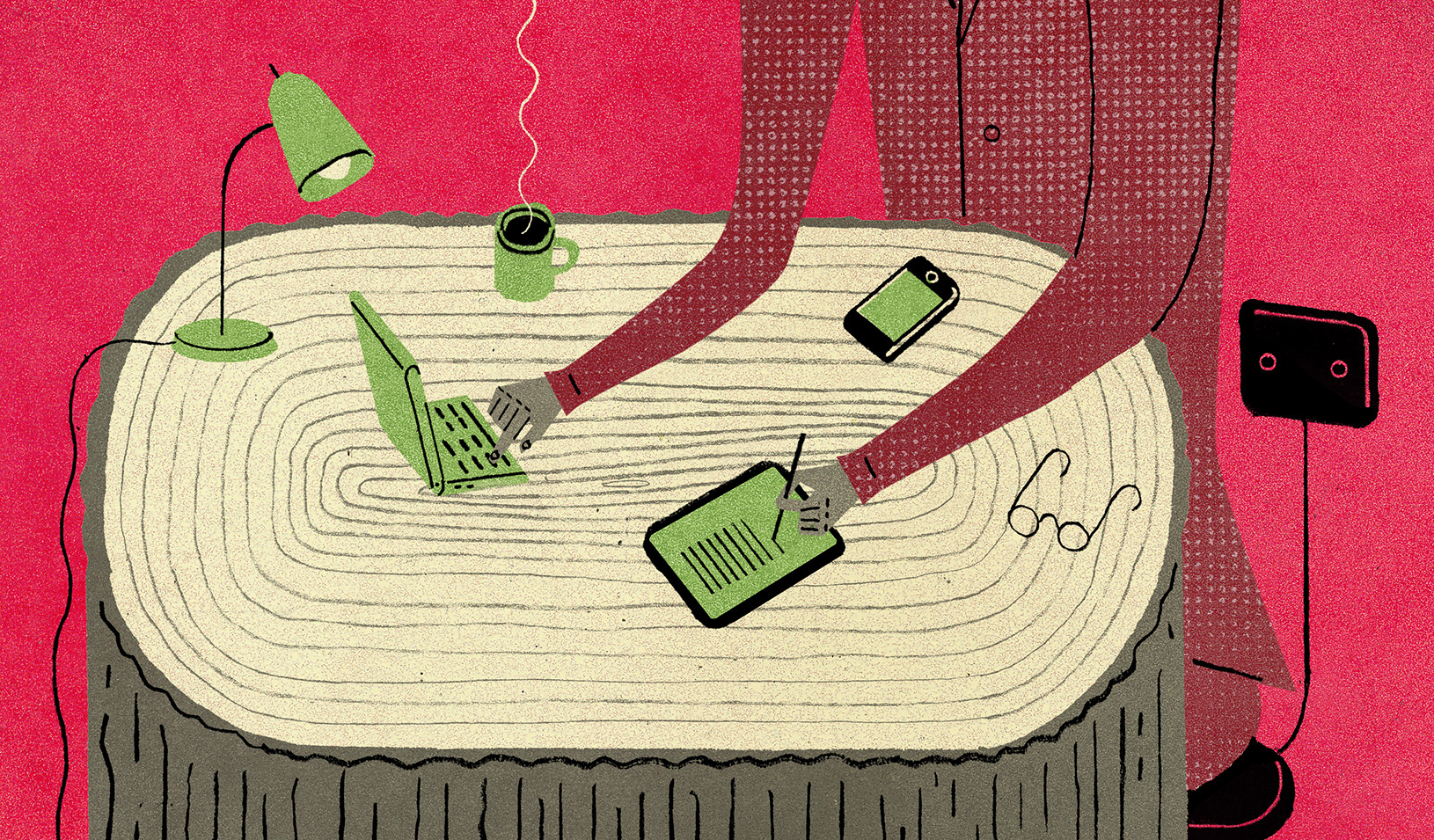Perhaps now more than ever, people should be mindful of their mental and spiritual health. | Reuters/Jose Luis Gonzalez
In this time of stress caused by the global health and economic crises, it’s important to seek respite from the barrage of negative information. To help, we’ve pulled together some resources on mental health and reflectiveness based on research by Stanford Graduate School of Business experts.
Take a breath, center yourself, and read on.
Shirzad Chamine: Five Strategies to Challenge Negative Thoughts
Shirzad Chamine, MBA ’88, is an executive coach who works with C-suite leaders and their teams on overcoming self-criticism and negativity. Any journey of change, he says, is like a walk through a dark forest toward a lighthouse: “At any given step, take the step that has more light in it. Only after you take that step, the step after that will reveal itself.”
Why Uncertainty Makes Us Less Likely to Take Risks
Uncertainty is hard to deal with, especially if you have to make a decision in the midst of it. Professor of organizational behavior Jeffrey Pfeffer found that people overwhelmingly choose paths with more certain outcomes, regardless of whether those outcomes are gains or losses. If you’re grappling with difficult decisions, be aware that you may be unconsciously leaning toward outcomes that are more predictable than beneficial.
The Secret to Finding Lasting Career Satisfaction
Though you may have transitioned from being in an office to working from home, don’t stop reflecting on the long arc of your career, says executive coach Michael Melcher, JD/MBA ’93. And if you’re in the midst of a career transition, don’t be afraid to follow a non-linear path.
Bringing Mindfulness to Your Career
Mindfulness expert Leah Weiss says there’s a lot to learn about emotional intelligence from hard times. “If we can recognize when something we’re doing is not connected to our bigger goal and that it isn’t what we really want to do,” she says, “mindfulness can be wildly impactful.”
The Value of Hope
Quitting an endeavor to avoid being hurt by failure is a very human thing to do, and it may be tempting right now to shelve certain goals. Associate professor of organizational behavior Nir Halevy calls this type of reaction “defensive aggression,” and argues that it often stems from having a lack of hope. “If we can find ways to increase hope, maybe we can decrease defensive aggression.”
For media inquiries, visit the Newsroom.






